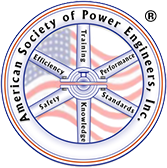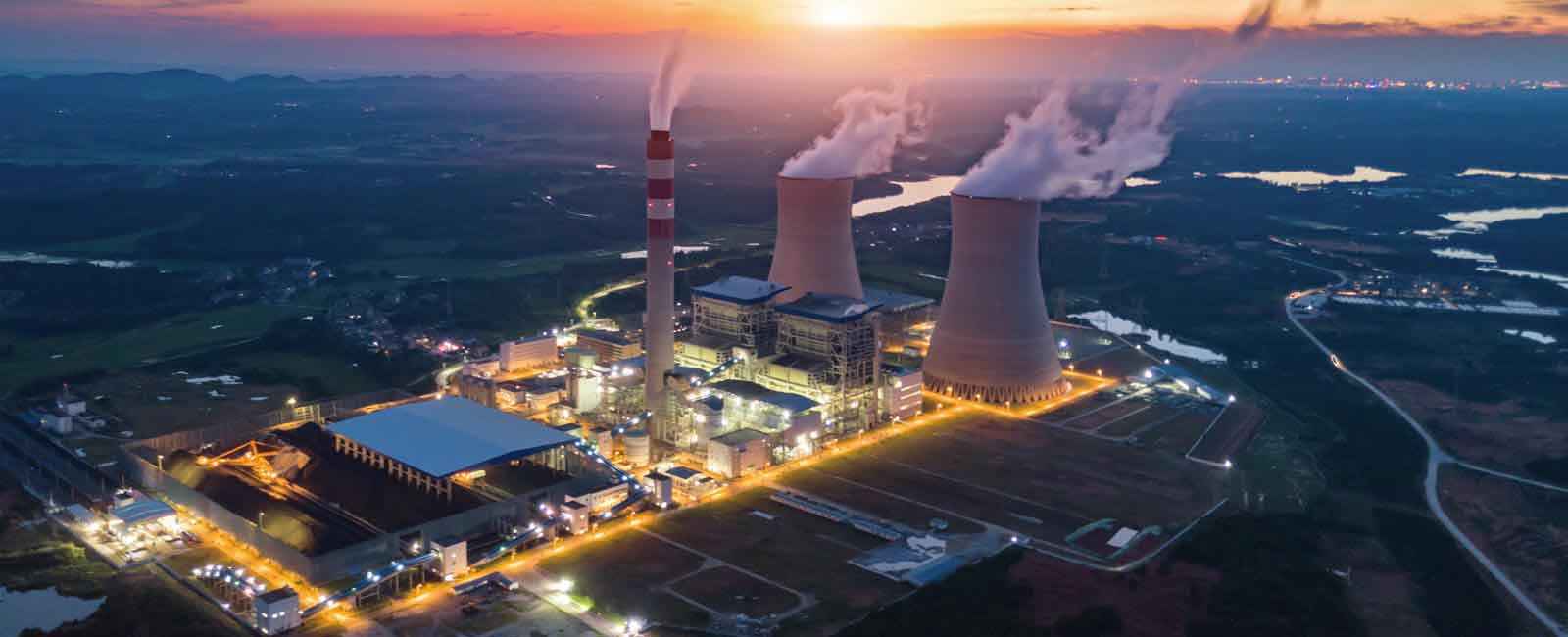Establishing National
Standards for Power Engineers.
Facility Operating Engineer - Third Class
ASOPE® offers an opportunity to obtain a Facility Operating Engineer - Third Class license. A list of qualifications that are required to receive your Facility Operating Engineer - Third Class license is outlined below. Requirements include a minimum age of 18 years, a high school diploma (or GED equivalent), 6 months (or 3 credit hours) of Boiler Training (or equivalent), and a power engineering training certificate of completion.
If all qualifications are met, you will be required to schedule an exam. The exam consists of a wide range of curriculum, including, but not limited to, basic boiler fittings, basic operation and care of oil & gas burners, and general industry safety. Upon completion of the Facility Operating Engineer - Third Class license exam, an ASOPE® representative will notify you of a "pass" or "fail" status. If you fail, you will be offered additional opportunities to retake the exam. Please review our Failed Test Procedures to learn more.
If you have any questions or concerns regarding the Facility Operating Engineer - Third Class license, please contact the ASOPE® national office.
Qualifications
- Minimum age - 18
- Education - High School Diploma, GED, or equivalent
- Experience - 6 months or 3 credit hours of Boiler Training or equivalent
- Power Engineering Training Certificate of Completion
- Examination - Written 50 Questions Multiple Choice
- Maximum Boiler Size (unsupervised) LP - 500 BHP
- Maximum refrigeration or Air Conditioning (unsupervised) - 500 ton
Curriculum at the Minimum:
- Basic Mathematics
- Low-Pressure Boilers Types and Construction
- Basic Boiler Fittings
- Safety and Relief Valves
- Basic Combustion Theory
- Fuels and Burner Types
- Steam and Hydronic Boilers
- Thermal Fluid Heaters
- Facility Valve Identification
- Basic Operation and Care of Oil and Gas Burners
- Boiler Safety and Operating Controls
- Basic Boiler Operation
- Dangerous Boiler Conditions
- Facility Basic Steam Systems and Accessories
- Basic Electrical Theory
- General Industry Safety
- Facility Basic Potable, Makeup, and Cooling Water Systems
- Facility Basic Preventive Maintenance
- Facility Basic Heating and Cooling Systems


